In the House of Commons debate on Monday 20th of July, the Tory majority marched on with their free-trade agenda and voted down New Clause 11 in the Trade and Agriculture Bill that would have banned imports of agricultural products with lower standards of food hygiene, animal welfare and environmental protection than are demanded of our farmers. It’s interesting that the entire Labour party voted to protect our farmers from substandard imports while the Tories, traditionally dubbed the ‘party of the countryside’, are prepared to sacrifice them on the altar of free trade.
Again the Tory MPs revealed their new colours when 97% of them rejected the New Clause 4 which means the United Kingdom can now be signed up to trade deals without any consultation with parliament or the public, handing yet more power to corporations.
Greg Hands, Minister for State for Trade Policy, replied to a letter I wrote which asked why he voted against protective amendments. Towards the end of his response all is revealed; “forcing all our trading partners to produce the UK domestic standards would only result in fewer export opportunities for our own farmers”. We are not against trade opportunities for both US and UK farmers. However, standards that citizens have fought long and hard to secure in whatever country, must be bound in law, and trade should not trump high welfare standards or methods of production that benefit the environment.
Hands, in his letter, also proudly describes the benefits of the Trade and Agriculture Commission. He states,“Ministers can ensure close engagement with the agriculture industry to help inform, shape and guide agricultural trade policy, so that this is recognised throughout our trade negotiations.” However, agri-industry does not represent real farming. Last week we revealed that Shanker Singham, a member of the Commission, is a fellow of the right-wing think tank IEA (Institute of Economic Affairs) which pushed for a Brexit where the UK reduces regulations and signs sweeping US-UK trade deals. Just exactly as we are seeing now. Another member of the Commission is Sir Lockwood Smith, an advisor to the IEA. A 2018 article in Greenpeace’s investigative publication, Unearthed, revealed the IEA’s agenda:
The IEA has set up a secretive funding channel for money from Oklahoma to fund its controversial trade team, including from agribusiness interests.
IEA director general, Mark Littlewood, told an undercover reporter that Singham was “unbelievably well connected” to Brexiteer cabinet ministers including trade secretary Liam Fox, Michael Gove and former foreign secretary Boris Johnson and would be able to introduce the ministers to the prospective US agribusiness donor.
The think tank’s work on post-Brexit agriculture is pursuing a specific policy goal: “The key point underlying all of this is that we’ve got to get away from the precautionary principle”, Littlewood said, referring to the cautious approach to risk that underpins European environmental regulation.
Liz Truss, Secretary of State for International Trade, who founded the Commission after receiving a 1m-strong petition from the NFU asking for a ban on imports of food produced in standards that are illegal in the UK, was exposed by the news platform DeSmog UK as having had a history of close connection with the Institute of Economic Affairs.
One positive piece of news from a worrying week was, public opinion on the importance of farming is at an all time high where 86% agreed that British farms should grow as much food as they can to provide national food security. The multinational trade deals promoted by the Conservatives are not only dangerous for food security, environmental protection and welfare standards, but are contrary to popular demand, not least by most Tory voters.
Another positive; a proposed amendment before the House of Lords is welcomed by the Sustainable Food Trust, that would grant financial support for small abattoirs. We have interviewed experts on this topic and fully support moves to expand the network of small-scale abattoirs around the country to ensure provenance and quality, and minimise animal stress with shorter journey times to slaughter. Let’s hope this amendment will be accepted!
The Land Workers Alliance, a union of small-scale farmers and growers, is asking farmers to fill out this survey, about the challenges they faced during the COVID lockdown and how they adapted their businesses to remain profitable. Re localising our food economy is the most resilient way forward as many well known voices spoke about in the Local Futures webinar on World Relocalisation Day, June 21st.
We continue to ask small-scale farmers and butchers to make videos describing their lockdown experiences. This week we hear from Emmett’s Store, the UK’s oldest artisan ham and bacon producer. On the outset of lockdown, owner Mark Thomas was slightly apprehensive as the cafe had to shut and shop customers were greatly reduced. However, an increased number of customers have been ordering online.
#RootingForRealFarms – Emmett’s Store
Share This Article
Related ArticlesView All
Protect UK Farmers from Low Standard Imports
The purpose of our newsletter is to give you important information that is censored in the mainstream media. “The way… Read More
Protectionism vs So-Called Free Trade
The purpose of our newsletter is to give you important information that is censored in the mainstream media. “The way… Read More
Find A Farmer
The purpose of our newsletter is to give you important information that is censored in the mainstream media. “The way… Read More
Zionist Money Rules
The purpose of our newsletter is to give you important information that is censored in the mainstream media. “The way… Read More
The Price of Progress
The purpose of my newsletter is to give you important information that is censored in the mainstream media. “The way… Read More
Silencing Dissent Through Fear
The purpose of my newsletter is to give you important information that is censored in the mainstream media. If you… Read More
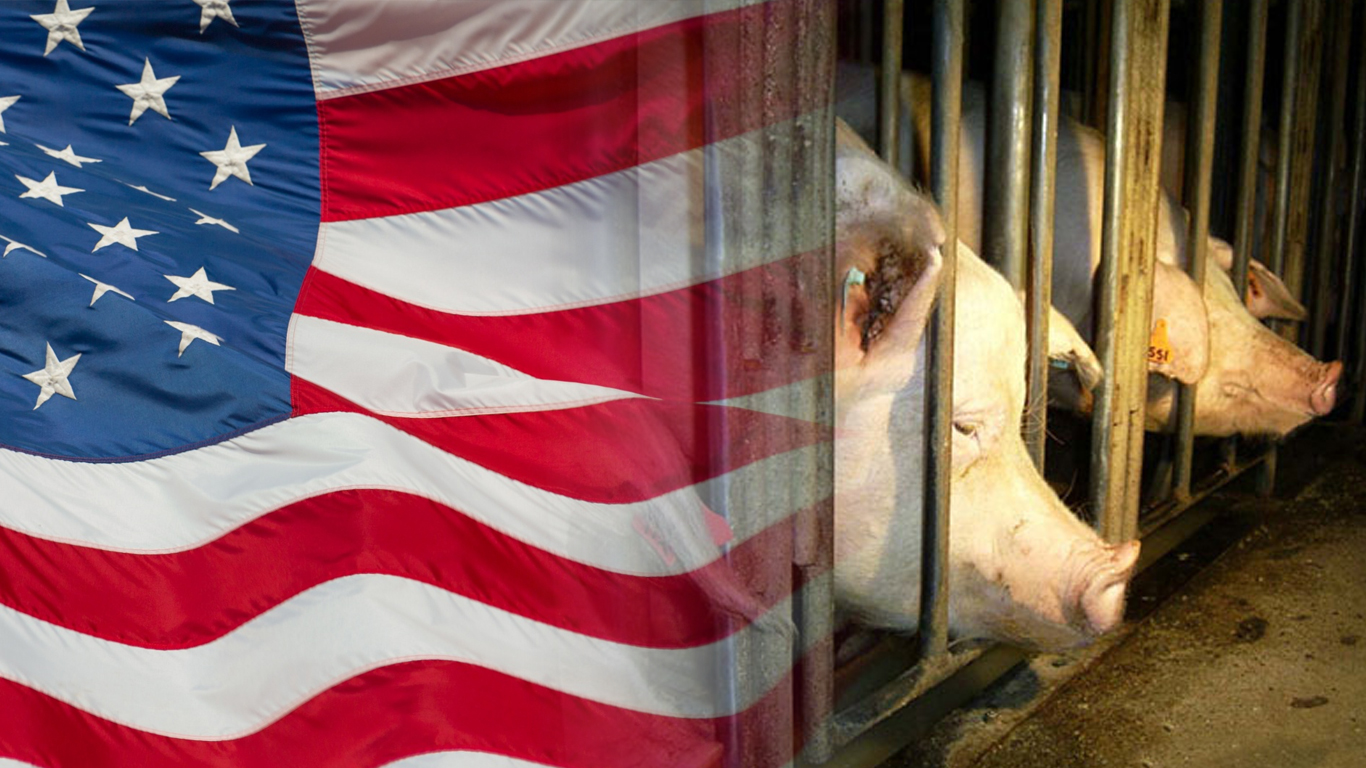

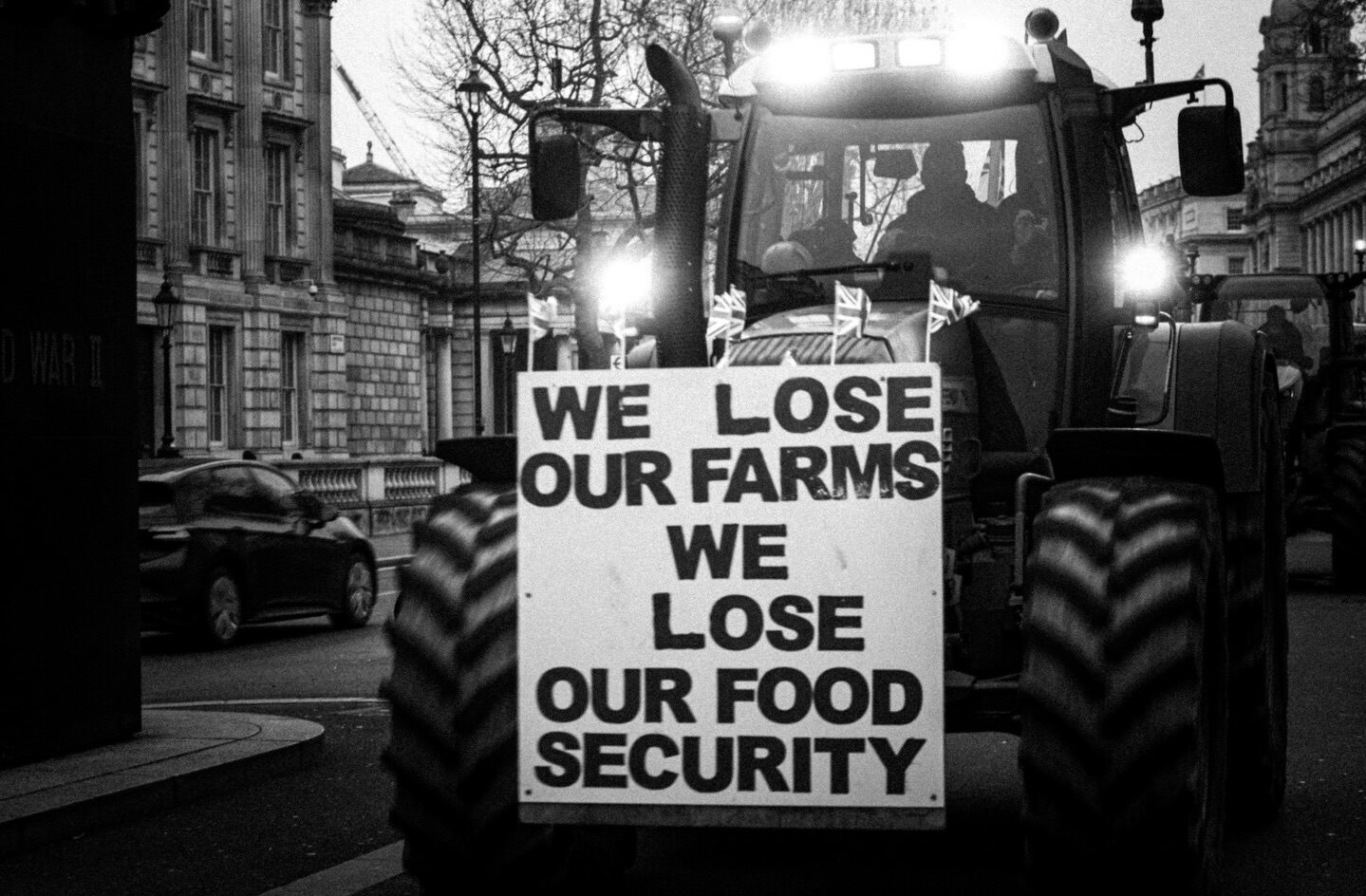


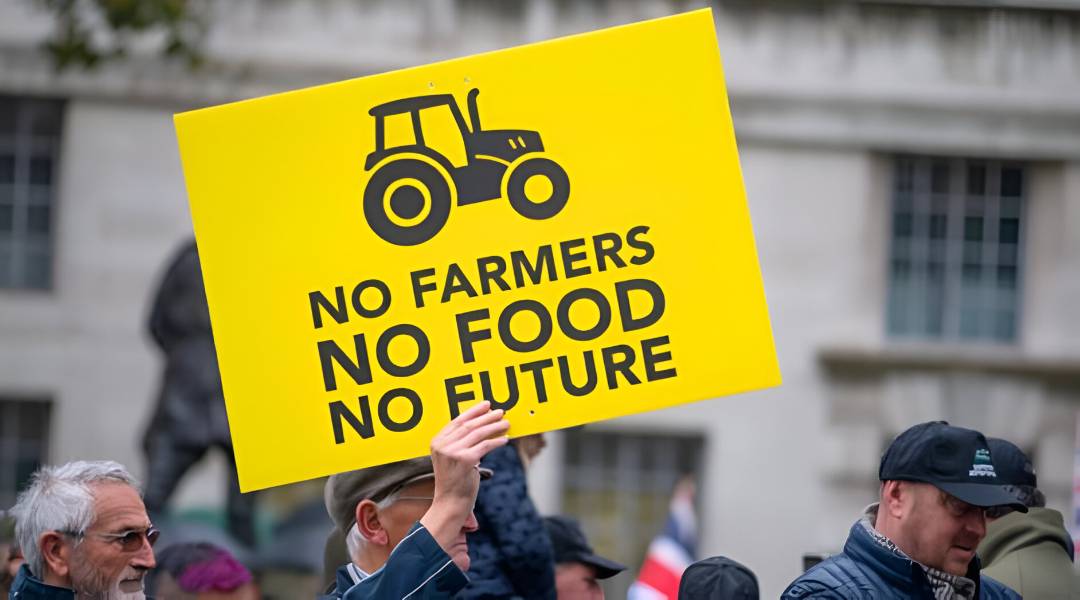
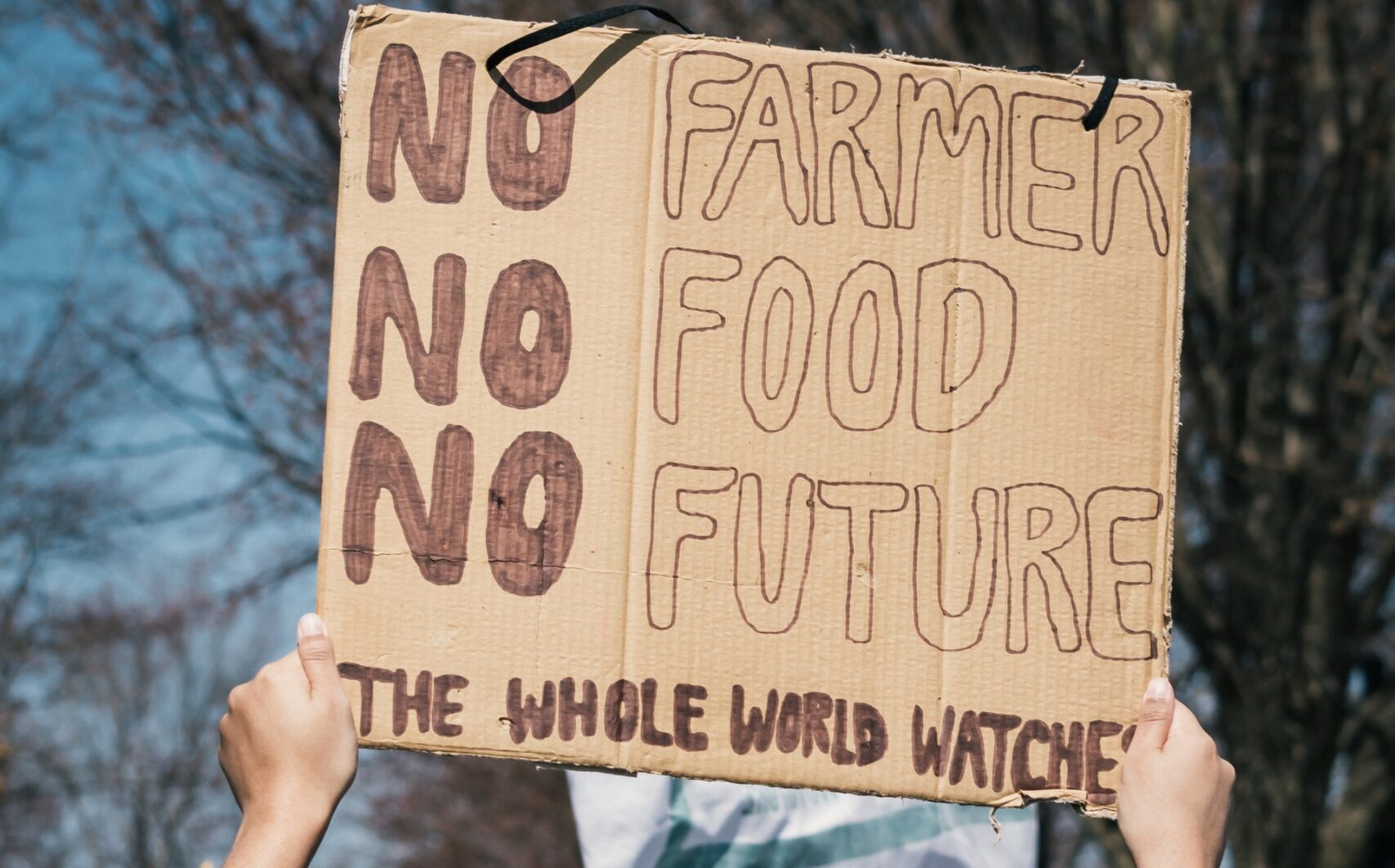
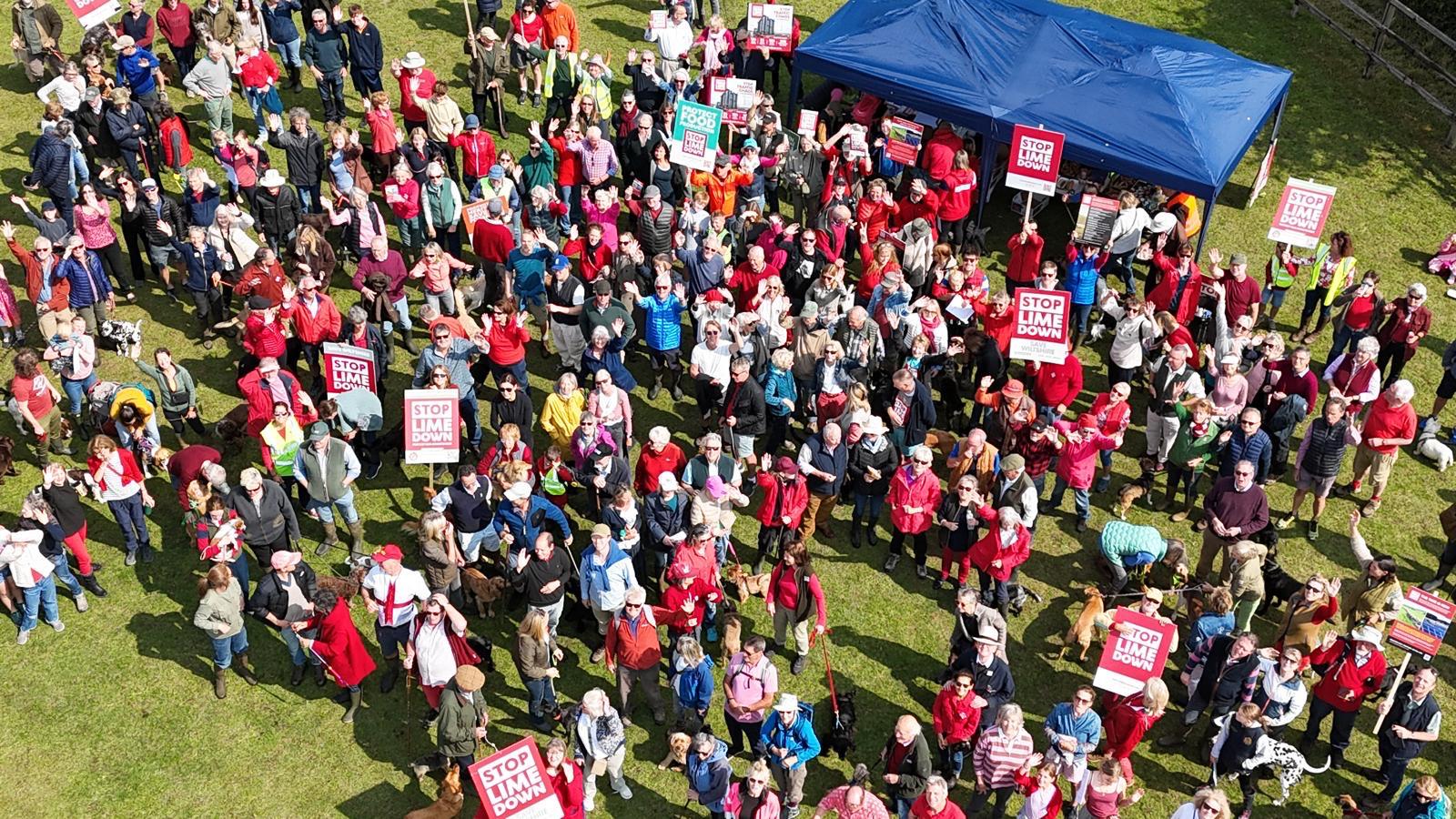
Shame on you for misleading us ….
The Trade Bill, which was passed unamended on Monday 20 July, is a continuity Bill and cannot be used to implement new free trade agreements with countries such as the USA. ….. The EU Withdrawal Act will transfer all existing EU food safety provisions onto the UK statute book. This includes current import requirements, which for example ban the use of artificial growth hormones in domestic and imported products, and stipulate that no products besides potable water are approved to decontaminate poultry carcasses.
Technically this is correct, but the Withdrawal Act is only there to enact EU legislation on UK standards as we leave the EU – for continuity purposes only. This can/will be amended/scrapped at the first opportunity by the UK government. If we sign a trade deal with the US that allows the importation of substandard products, UK farmers will be undercut. That is why we are raising awareness and campaigning in order to stop this from becoming a reality. By voting down ‘New Clause 11’ in the Trade & Agriculture Bill, the government has opened the door for imports of products with lower standards than are demanded of UK farmers at some point in the future.